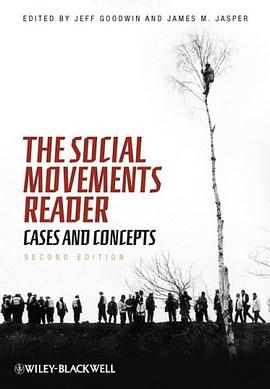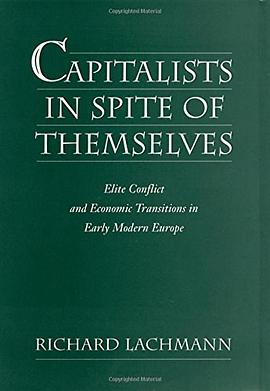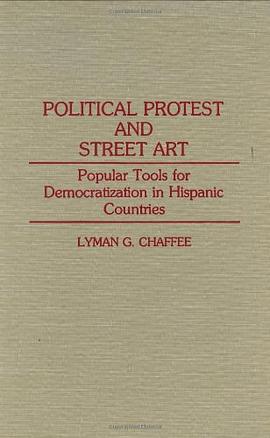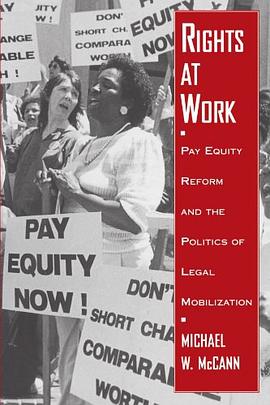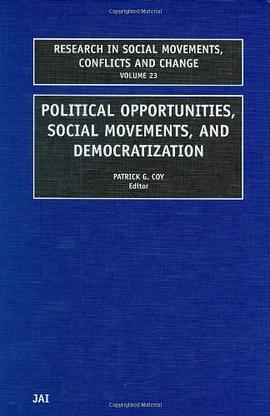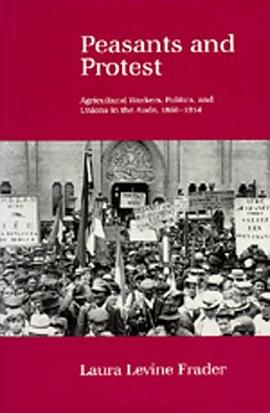
In the first decade of the twentieth century, the sleepy vineyard towns of the Aude department of southern France exploded with strikes and protests. Agricultural workers joined labor unions, the Socialist party established a base among peasant vinegrowers, and the largest peasant uprising of twentieth-century France, the great vinegrowers' revolt of 1907, shook the entire south with massive demonstrations. In this study, Laura Levine Frader explains how left-wing politics and labor radicalism in the Aude emerged from the economic and social transformation of rural society between 1850 and 1914. She describes the formation of an agricultural wage-earning class, and discusses how socialism and a revolutionary syndicalist labor movement together forged working-class identity. Frader's focus on the making of the rural proletariat takes the study of class formation out of the towns and cities and into the countryside. Frader emphasizes the complexity of social structure and political life in the Aude, describing the interaction of productive relations, the gender division of labor, community solidarities, and class alliances. Her analysis raises questions about the applicability of an urban, industrial model of class formation to rural society. This study will be of interest to French social historians, agricultural historians, and those interested in the relationship between capitalism, class formation, and labor militancy.
具體描述
讀後感
評分
評分
評分
評分
用戶評價
相關圖書
本站所有內容均為互聯網搜索引擎提供的公開搜索信息,本站不存儲任何數據與內容,任何內容與數據均與本站無關,如有需要請聯繫相關搜索引擎包括但不限於百度,google,bing,sogou 等
© 2025 qciss.net All Rights Reserved. 小哈圖書下載中心 版权所有




